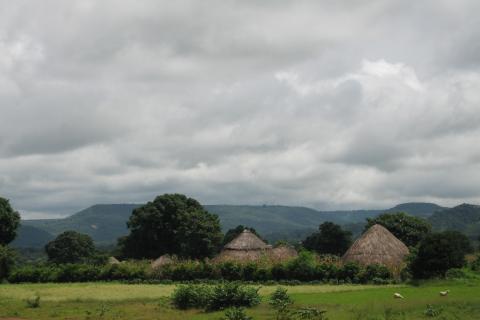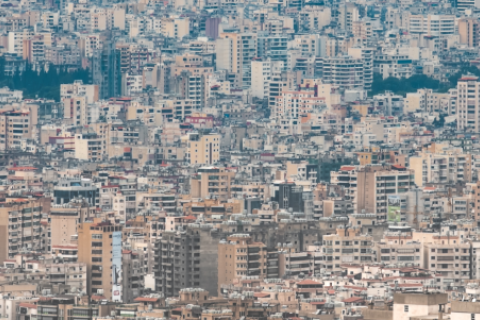What is land, and to whom? - The need for development practitioners to widen their views of land
Blogpost about the book “Power, Knowledge, Land – Contested Ontologies of Land and Its Governance in Africa” 2022 by Laura A. German. University of Michigan Press.
By Linda Engström, Researcher, Division of Rural Development, Swedish University of Agricultural Sciences, Sweden.
What is the book about?
Challenges and Opportunities in Monitoring Land Data for the Sustainable Development Goals
Land is a finite resource, and access to it is essential for the livelihoods of individuals and communities. To ensure that access to land is secure and equitable for all, the United Nations has set the Sustainable Development Goal (SDG) 1.4.2, which measures individuals' land tenure security, and SDG 5.a.1, which measures tenure security over agricultural land from a gender perspective.
Indigenous knowledge to maintain biodiversity in Colombia
From 6-18 November, Egypt hosts the COP27 Climate Summit. This year marks the 30th anniversary of the adoption of the UN Framework Convention on Climate Change. Despite this long trajectory and the progress made, climate change has increasingly severe effects across the world. The LAND-at-scale program acknowledges the central role of climate change. In a short series of blogs, the knowledge management team highlights the diverse impact that climate change has on communities across the world, and how LAND-at-scale projects contribute to adaptation and mitigation measures on the ground.
'You Cannot Live Here'
USAID is supporting the government with a strategy to create municipal land offices that manage local land administration campaigns and deliver land titles to rural Colombians
Who Benefits? Inclusive governance and equitable benefit sharing in the context of community forestry
Community forestry has the potential to contribute to sustainable livelihoods in poor and marginalized communities in and near forests. In practice, however, the benefits of collectively managed forests may end up in the hand of local elites. Based on presentations from Bolivia, the Philippines and Nepal, participants in this session discussed, among others: (i) What is the role and importance of individual benefits in a model that is based on collective forest rights?
Critical Insights on the Land Governance Orthodoxy
This panel took a critical look at the land governance orthodoxy that has consolidated on the heels of the financial crisis and outcry over "global land grabs" at the end of the 2000s.
Working in crisis mode: lessons from land-governance interventions in fragile and conflict-affected settings
This session brought together colleagues from different organizations working in the broad field of land rights, discussing lessons and experiences from working in crisis mode, in fragile and conflict affected settings. The participants shared experiences, challenges they faced especially during Covid, the solutions they found and critically reflected on shortcomings and unsolved issues.




